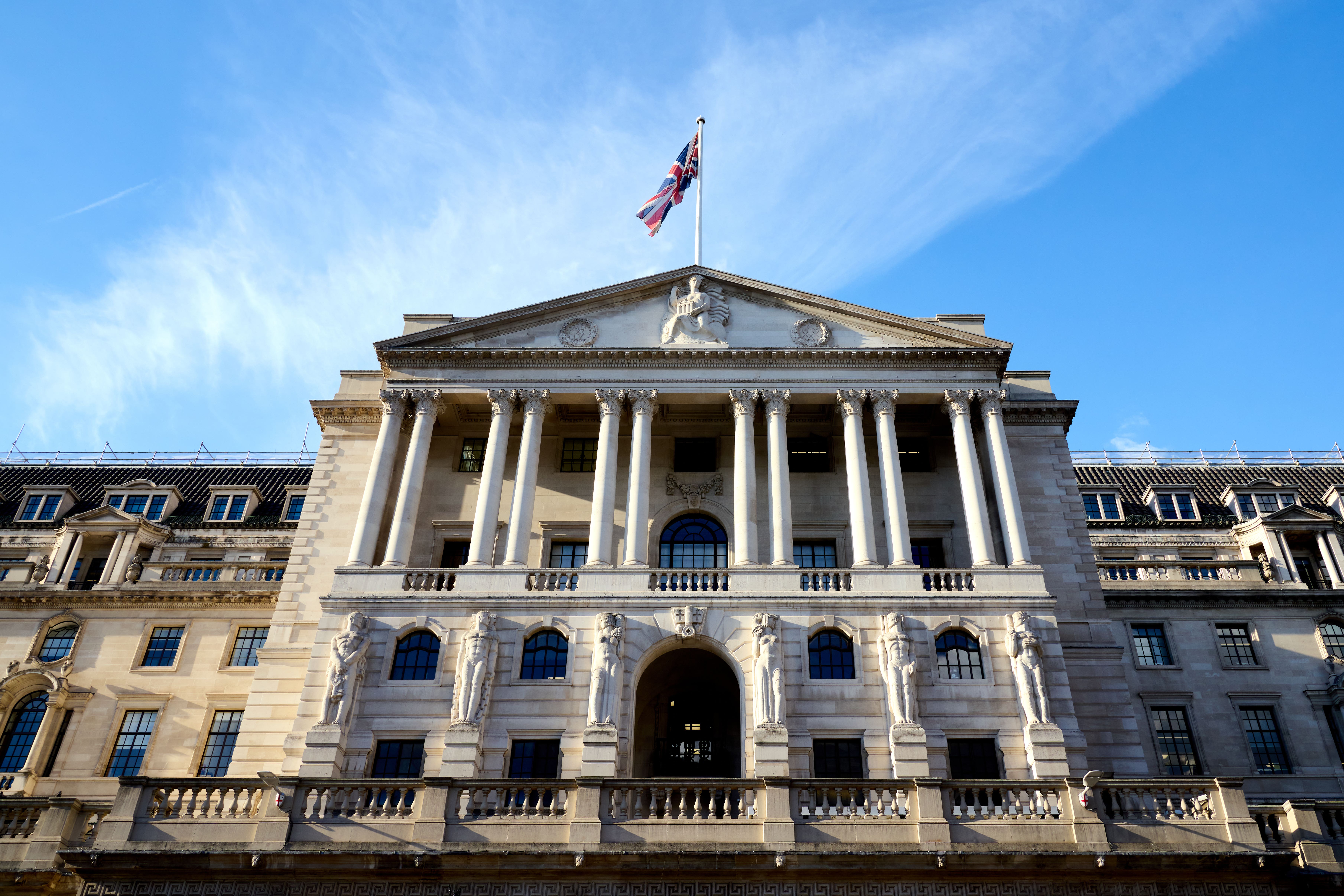Experts say Bank ‘risks overdoing’ rate rises as mortgage pain yet to come
The pressure of higher rates has yet to be widely felt by households across the country, the Bank of England revealed after increasing rates again.

Your support helps us to tell the story
From reproductive rights to climate change to Big Tech, The Independent is on the ground when the story is developing. Whether it's investigating the financials of Elon Musk's pro-Trump PAC or producing our latest documentary, 'The A Word', which shines a light on the American women fighting for reproductive rights, we know how important it is to parse out the facts from the messaging.
At such a critical moment in US history, we need reporters on the ground. Your donation allows us to keep sending journalists to speak to both sides of the story.
The Independent is trusted by Americans across the entire political spectrum. And unlike many other quality news outlets, we choose not to lock Americans out of our reporting and analysis with paywalls. We believe quality journalism should be available to everyone, paid for by those who can afford it.
Your support makes all the difference.Experts have criticised the Bank of England’s decision to raise UK interest rates again, after it revealed the pain of higher rates has yet to be widely felt by households across the country.
The Bank lifted the base interest rate to 4.5% from 4.25%, the 12th increase in a row since rates started going up in December 2021.
It pushes borrowing costs up further, particularly impacting homeowners with a mortgage.
Higher rates are taking much longer to filter through to households and the economy, the Bank said, estimating that just a third of the impact has passed through so far.
This is because there is a much higher proportion of people tied to fixed-rate mortgages, around 85% of all borrowers, compared with around 30% in the early 2000s.
It means households will feel the pain of higher rates further down the line when their mortgage renews.
With most of the interest rate rises yet to pass through to households and businesses, the Bank of England risks overdoing the rate hikes, adding to squeeze on our growth prospects and aggravating the cost-of-living crisis
The average mortgage holder could see their monthly interest payments jump by around £200 a month if they fixed to a new rate this year, the Bank’s economists estimated.
Some experts think the Bank could have gone too far in raising interest rates when the impact has yet to pass through.
Suren Thiru, economics director at the Institute of Chartered Accountants in England and Wales (ICAEW), said the Bank risked “overdoing” rate rises, which could compound the cost crisis for many.
He said: “Another rate rise will come as a nasty blow to those people and companies already battling escalating borrowing costs and a multitude of other severe cost pressures.
“The Monetary Policy Committee needs to be more forward-looking in setting interest rates rather than being overly focused on current inflation given the long-time lag between rate rises and its impact on the broader economy.
“With most of the interest rate rises yet to pass through to households and businesses, the Bank of England risks overdoing the rate hikes, adding to the squeeze on our growth prospects and aggravating the cost-of-living crisis.”
He added: “Given that the Bank of England is still expecting inflation to fall back, the case for rate-setters to pivot towards cutting interest rates is likely to strengthen.”
The Bank of England should have held off raising rates. The current approach risks creating big economic costs ... while not actually being effective enough at bringing down inflation
The IPPR think tank argued the Bank should have held off raising interest rates again, warning of a “continued increase in inequality”.
Carsten Jung, senior economist at IPPR, said: “The Bank of England should have held off raising rates.
“The current approach risks creating big economic costs, in the form of lower future growth and fewer jobs, while not actually being effective enough at bringing down inflation.”
The Bank said there is no expectation that the average level of food prices will drop in the near term, only that price growth could slow.
“Higher prices for food and energy particularly hit families on lower incomes as these items tend to make up a larger share of their overall consumption,” the report said.
Governor of the Bank of England, Andrew Bailey assured that the committee was “acutely aware” of how difficult high food prices are for households, but that inflation will start to ease.
Meanwhile, Chancellor Jeremy Hunt acknowledged that higher interest rates will “obviously be very disappointing for families with mortgages”.
But he said the cost-of-living crisis will “only carry on” if inflation is not tackled.